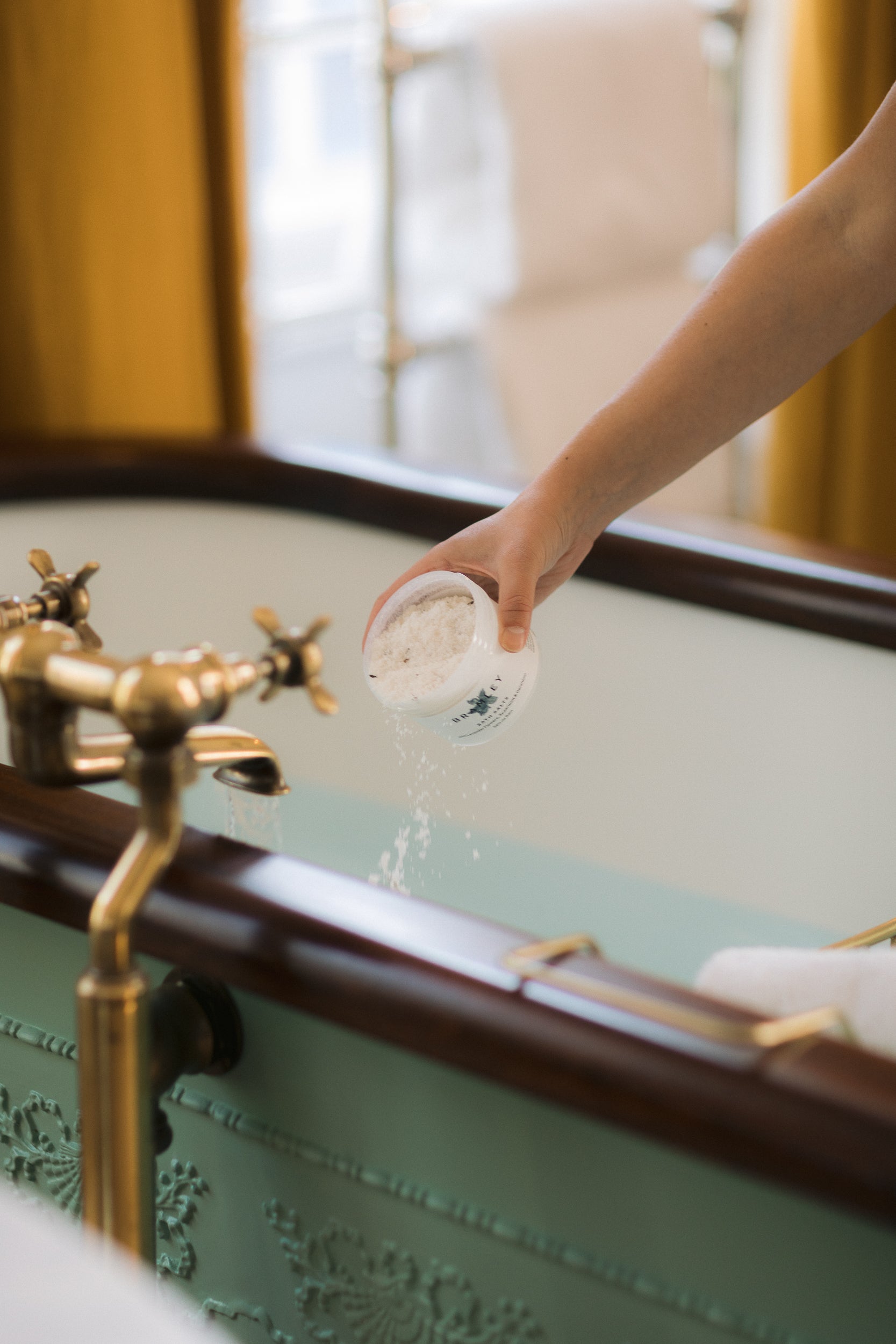7 Tips for a Better Nights Sleep
As the clocks go back and we adjust to the changing season, it's common for sleep patterns to be disrupted. As our exposure to natural light shifts, it can interfere with sleep-wake cycles and may throw off your ability to feel alert in the morning and sleepy at night. To help you maintain a good night's kip, we've put together some tips and advice to ease the transition and support restful sleep.
1. Establish a Routine
Maintaining a consistent sleep routine, also known as sleep hygiene, is key to improving sleep quality. This means going to bed and waking up at the same time every day - even on weekends! To minimise disruption from the change, get ahead by going to bed fifteen minutes earlier each night for a few nights before. That way your body clock has time to slowly adjust.
If you're lucky enough to squeeze in a nap from time to time, be cautious of napping for too long or too late in the day, as this can disrupt your internal clock and make it harder to fall asleep at night.

2. Unwind Before Bed
An effective sleep routine also includes setting aside time to relax and wind down before bed. Activities like taking a warm bath, reading, listening to soft music or meditating can help to relax the body and signal that it’s almost time to sleep. To start a luxurious and relaxing sleep routine, why not try our Lavender Bath Salts, blended with soothing essential oils and real lavender flowers which release therapeutic sleep qualities.

3. Limit Screen Time
To further help relaxation of the mind, avoid screens at least an hour before bed. Smartphones, tablets and laptops can stimulate your brain, making it harder to switch off. They also emit blue light, which suppresses your melatonin production, making it harder to sleep. We prefer to turn to a good book instead.
4. Pay Attention to What You Eat And Drink
It’s best not to go to bed too hungry, or, too full! Try avoiding large meals, as well as spicy, acidic, or sugary foods close to bedtime. Also, be aware of your caffeine and alcohol consumption, as both act as stimulants affecting your sleep quality. Try to avoid alcohol in the lead-up to bedtime, and caffeine at least 8 hours before sleep - it can be in surprising things like energy bars or green tea.

5. Exercise Regularly
As little as 20 minutes of physical exercise a day can significantly improve your sleep. Physical activity boosts melatonin production, your natural sleep hormone, and can reduce stress and anxiety. However, avoid exercising too close to bedtime, as its stimulatory effect may cause sleep problems. The best time to exercise in the morning, as exposure to natural light will aid your circadian rhythm.
6. Create The Perfect Sleep Environment
Make your bedroom a sanctuary for sleep. Keep it dark, quiet and cool for the best possible environment. Consider using calming sounds like rainfall or white noise, and investing in earplugs, a Lily & Lionel Sleep Mask and natural, breathable bedding can to enhance your sleep space. The aromatherapeutic properties of our Pillow Spray with Lavender, Yarrow & Camomile essential oils, can help to create a serene atmosphere for rest.

7. Don’t Force Sleep
Finally, don’t stress about falling asleep. If you’re still awake after about 20 minutes, avoid checking the clock. Instead, try to find a comfy spot and switch to a relaxing activity such as reading or listening to soothing music. It can help to take the pressure off. Once you start to feel sleepy, return to bed and fingers crossed you'll be able to peacefully slumber.













